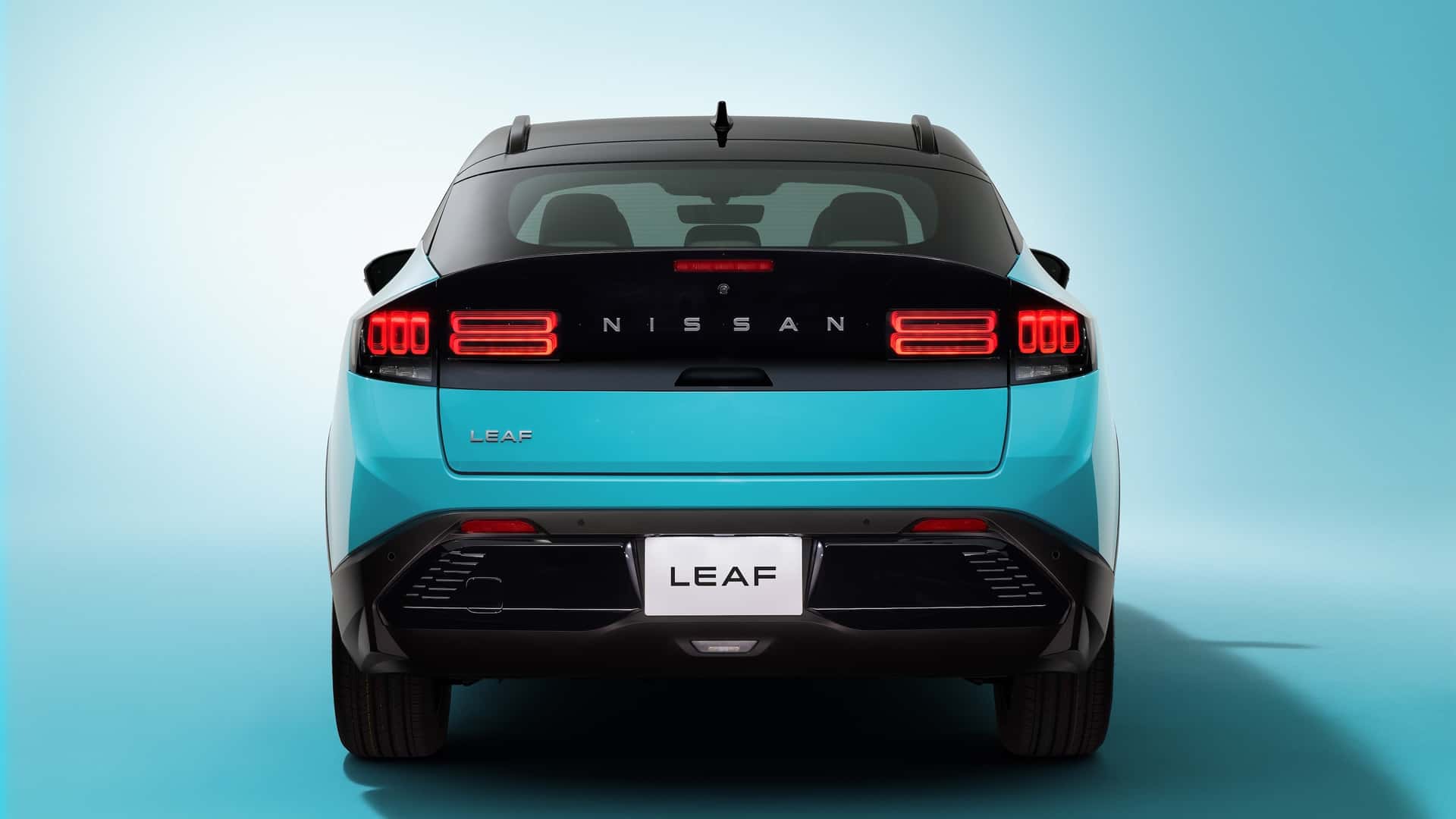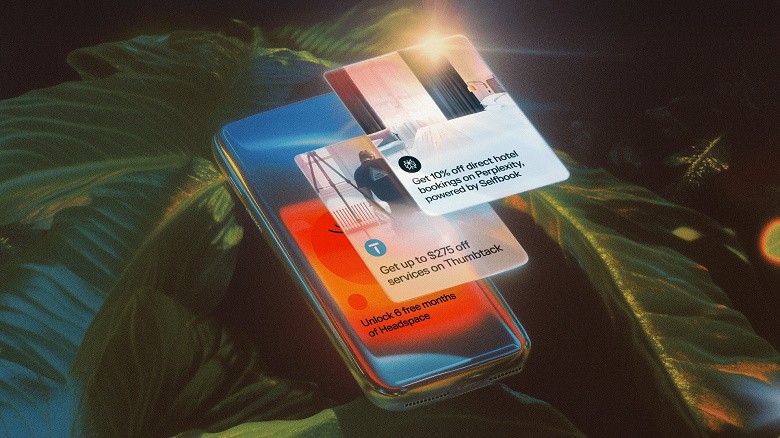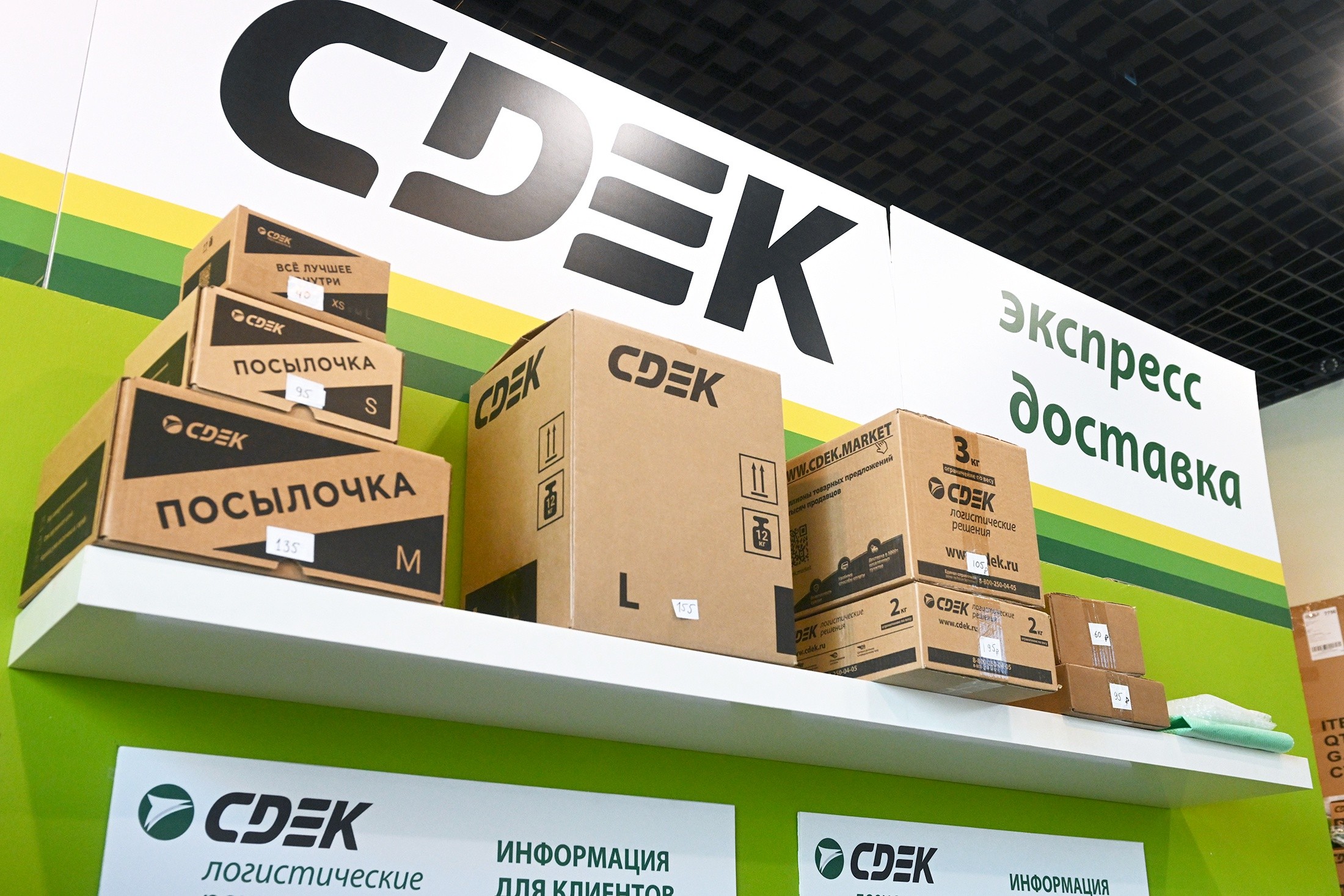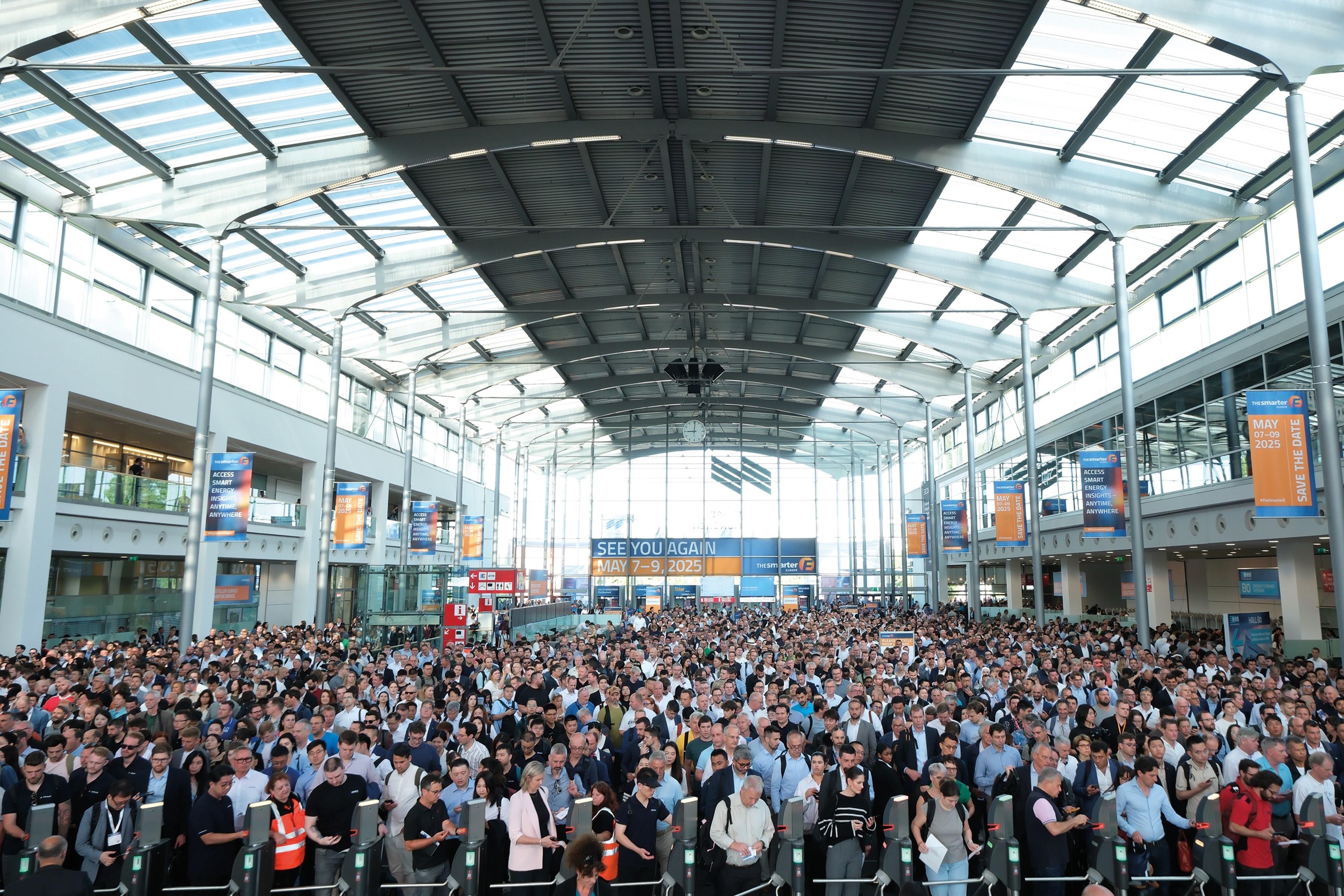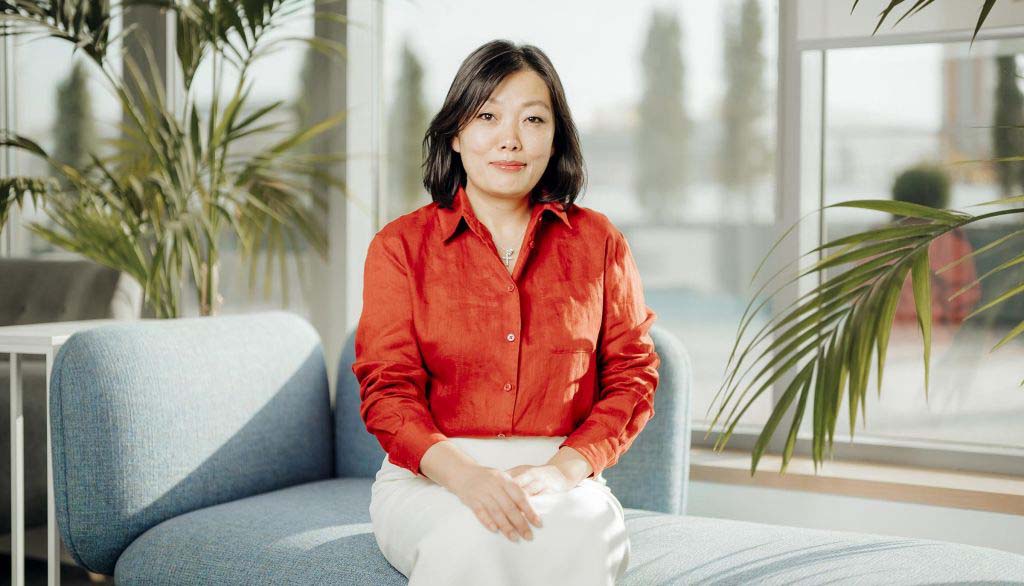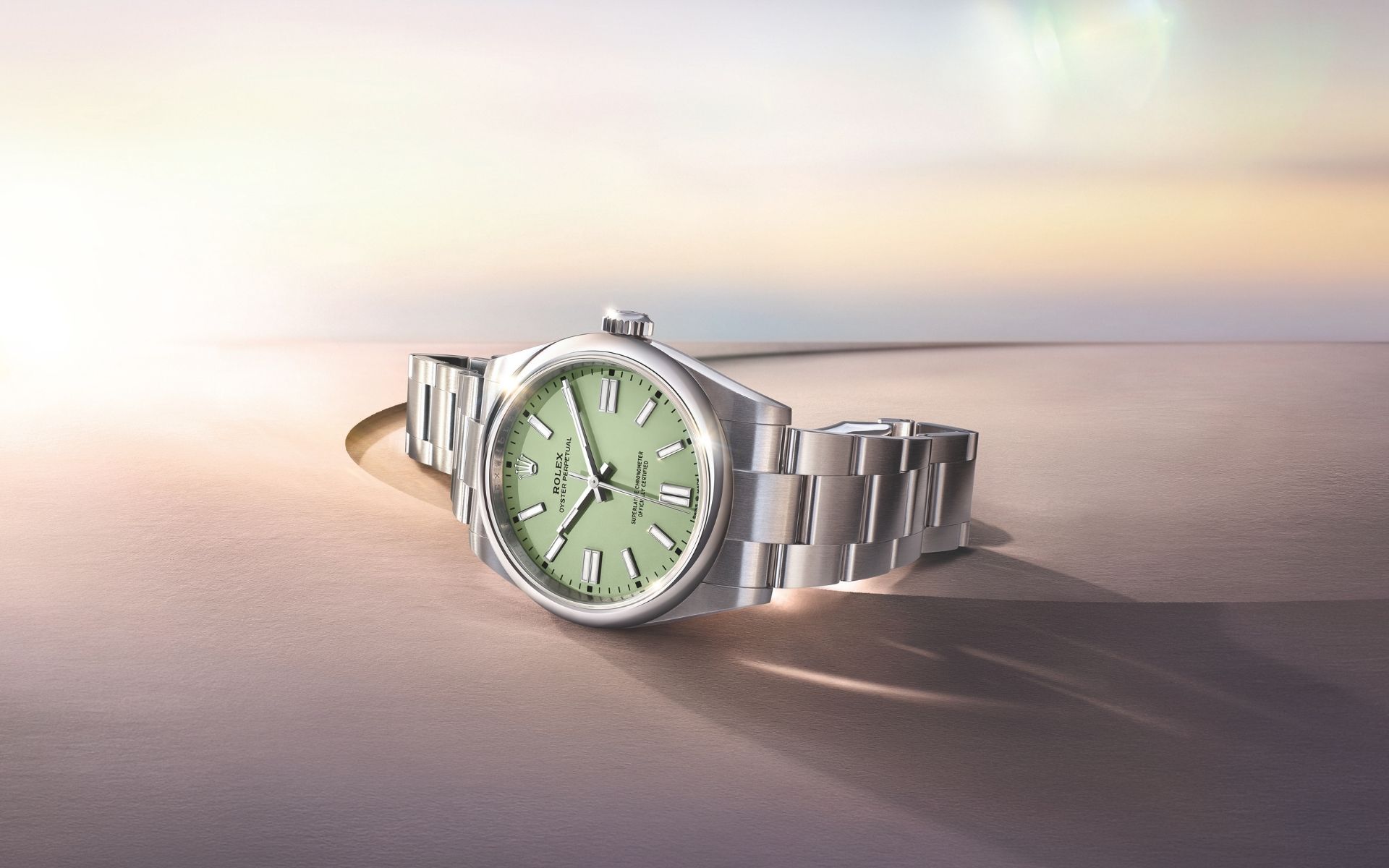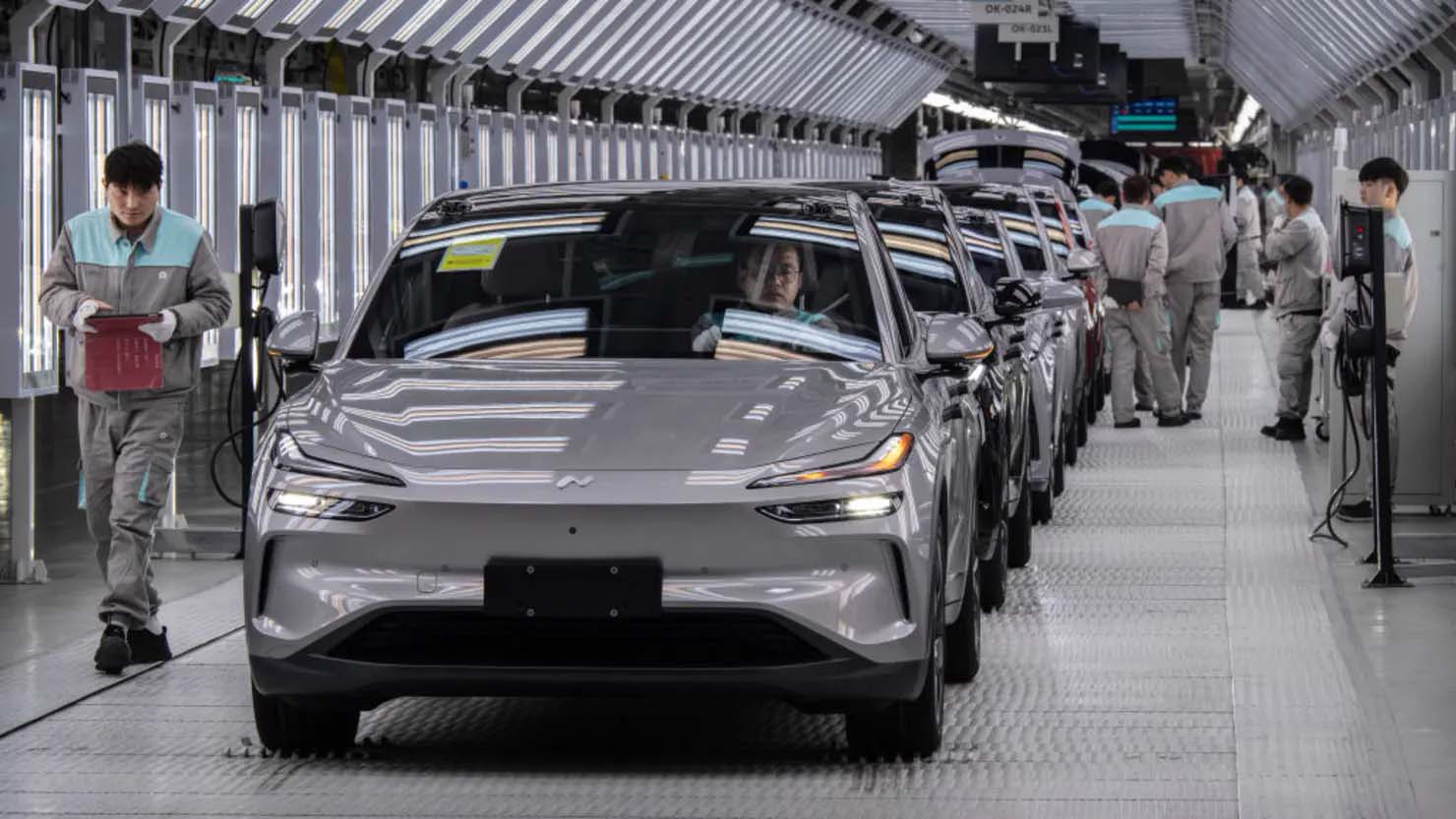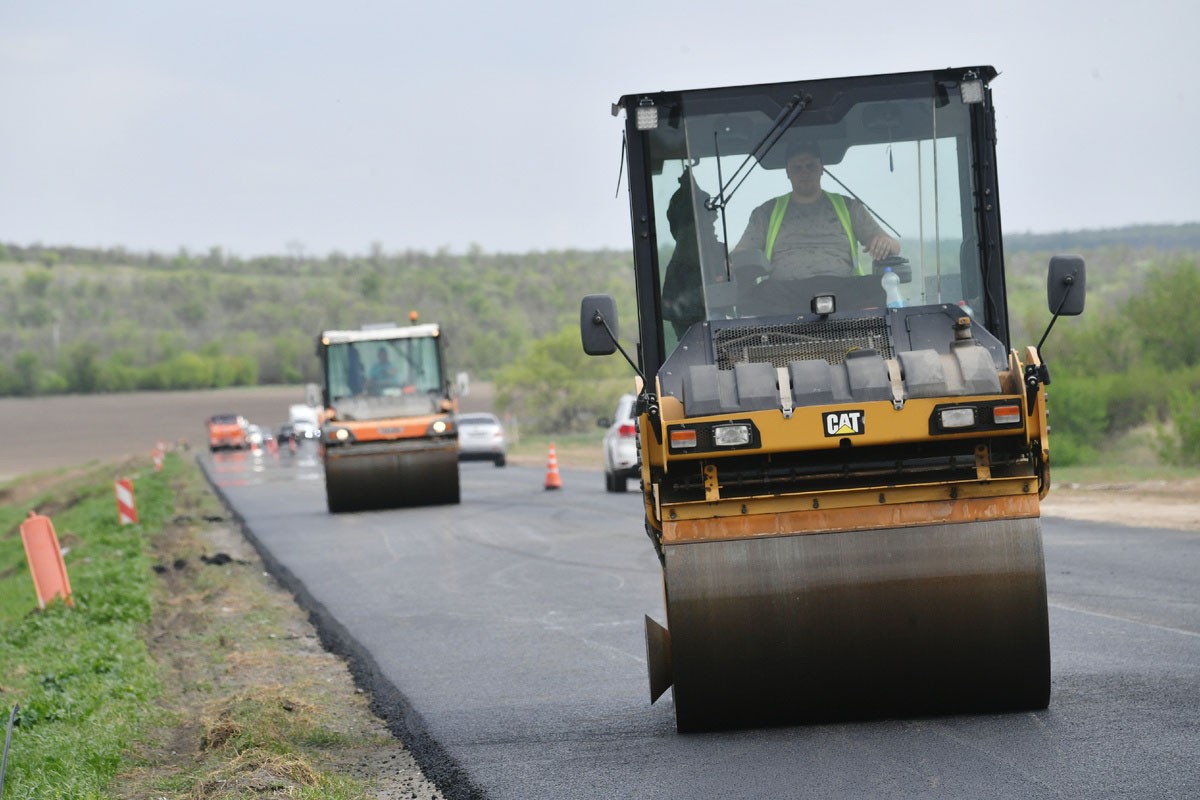In the United States, the first trial has begun in the case of a fatal accident involving a Tesla autopilot. Although Elon Musk, the head of the company, was not present in the courtroom in Miami, his figure was already in the spotlight at the stage of jury formation. This case may become a defining one not only for the judicial practice in relation to autonomous transport technologies, but also for the company itself, whose market capitalization and public image largely depend on the reputation of its founder.
The court is considering the claim of the family of Naibel Benavides-a pedestrian who died as a result of a hit-and-run Tesla Model S, which was in Autopilot mode, and her partner, who was seriously injured. The driver, George McGee, previously settled the case with the plaintiffs and is not a defendant in this case. The main focus of the accusations is on technology, not on the human factor.
The plaintiffs ' side claims that the Autopilot function was defective and did not provide the proper level of security. Lawyer Brett Schreiber in his speech noted that Tesla ignored warnings about the risks of the system for several years. He wondered if the company's desire to follow the Silicon Valley motto "move fast and break" was a key factor that led to the tragedy.
According to the lawyers, Musk made statements at public events in which he described the sensors of Tesla cars as "superhuman", claiming that they surpass the driver in terms of safety. Such language can play a key role in assessing how much a company was responsible for perceiving its technology as completely autonomous.
Tesla, in turn, said that the accident occurred due to the inattention of the driver, who dropped the phone, tried to find it and at the same time pressed the gas pedal, which led to the shutdown of the system. According to the company, in 2019, there was not a single accident prevention system that could cope with such a situation.
At the same time, the jury selection showed how much public perception of Musk affects the perception of Tesla itself. Several candidates admitted that they would not be able to be impartial because of the negative attitude towards the entrepreneur and his role in business and politics. This emotional polarization underscores the difficulty of unbiased legal assessment of technological decisions when they are closely associated with charismatic leaders.
The process attracts the attention of investors, regulators and representatives of the automotive industry. Whether it will set a precedent for determining the legal liability of manufacturers for partially autonomous systems in the future is a question that will determine the direction of the entire smart transport industry.

